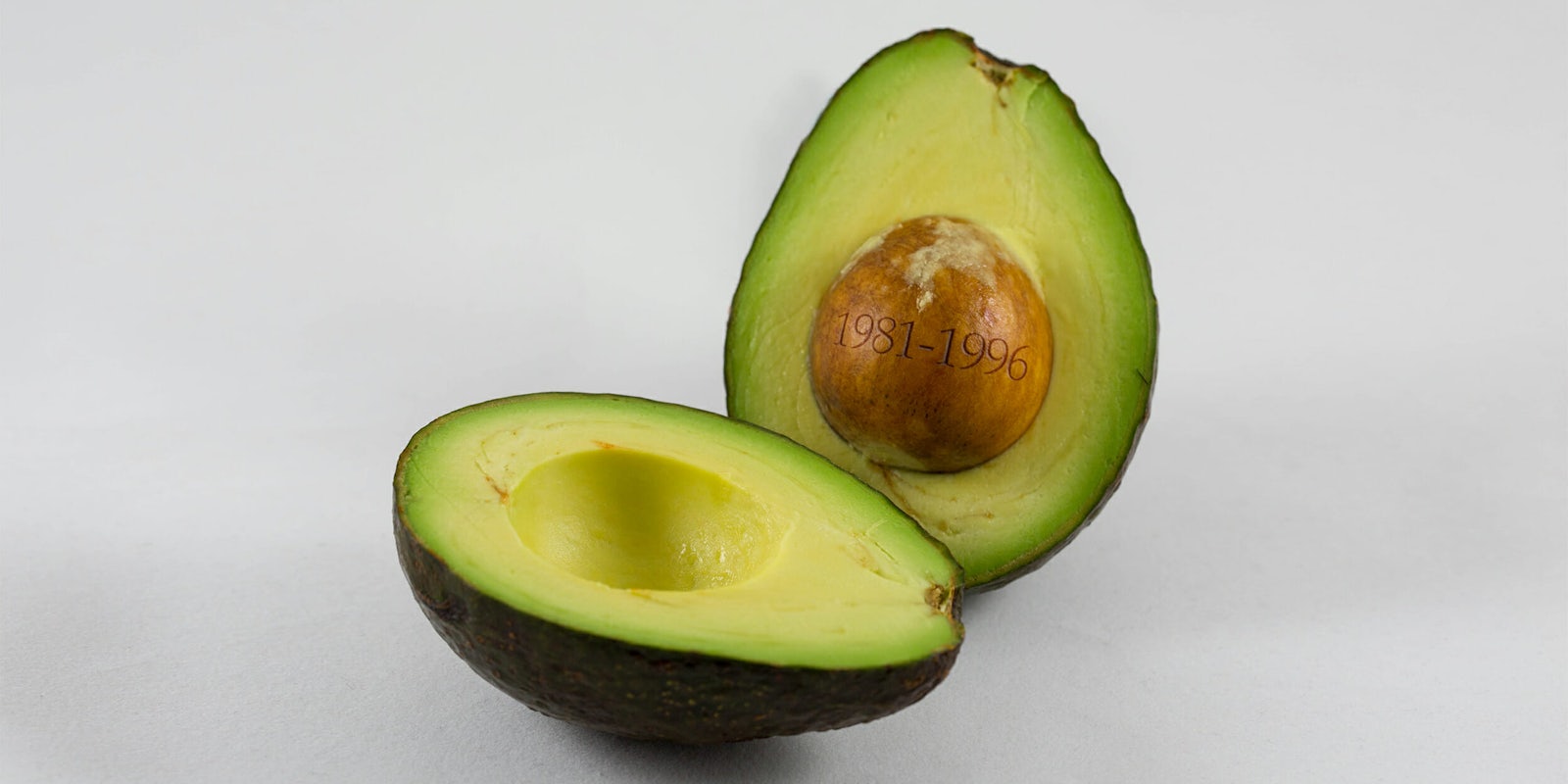We’ve been calling people who are in their early 20s to mid-30s “millennials” for a while now. As of this week, though, we have a new official millennial cutoff period: people born between 1981 and 1996. People born in 1997 and later are considered “post-millennials.”
On Thursday, the Pew Research Center tweeted about their decision:
Defining generations: Starting today, Pew Research Center will define Millennials as those born between 1981 and 1996. We will consider those born from 1997 onward as part of a new, post-Millennial generation. https://t.co/omBZjbpufH
— Pew Research Center (@pewresearch) March 1, 2018
The comment thread on the tweet was filled with many bitter responses from people who claimed not to care about the millennial distinction to people who refused to be classified as millennials.
https://twitter.com/spencerwindes/status/969292168010452994
I was born in 1983 and I DO NOT consider myself a millennial. Perhaps you should find somebody good at polling to ask how they feel about it though.
— BJH (@ActuallyBJH) March 1, 2018
I’ll stay a member of GenX thanks. pic.twitter.com/yho600mv7R
— Infinite Hatred (@FiniteHappiness) March 1, 2018
Dear post-Millenials,
— SayGoodnightGracie (@BurnsandAllen2) March 1, 2018
Enjoy your existence as an after-thought to a much larger generation to whom everything in the culture will be geared. It’s super. Give us a text sometime, we can chat.
Sincerely,
GenX
If you had to work up the nerve to phone a girl in junior high to ask her to go out with you, knowing full well her dad would answer the phone and you would have to ask for Jennifer, you are not a millennial.
— Eric Regehr (@eregehr) March 1, 2018
Some people were very excited that they didn’t make the millennial cut.
Not a millennial pic.twitter.com/Rt0BXRPuWa
— Andrew Engblom (@AndrewOnEnergy) March 1, 2018
The next generation is vaguely referred to as post-millennial. According to Pew, it’s still too early to give the generation a name (though many have been calling this Gen Z for years):
Since the oldest among this rising generation are just turning 21 this year, and most are still in their teens, we think it’s too early to give them a name – though The New York Times asked readers to take a stab – and we look forward to watching as conversations among researchers, the media and the public help a name for this generation take shape. In the meantime, we will simply call them “post-Millennials” until a common nomenclature takes hold.
There’s just one question. When this “post-millennial” generation does get a name, will they get shamed for doing things like eating avocado toast, too?
Seems unfair that everyone born after 1997 gets to love avocados without being mocked https://t.co/XQBe6n4Xau
— Charlotte Wilder (@TheWilderThings) March 1, 2018


